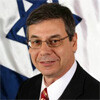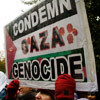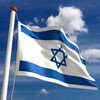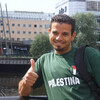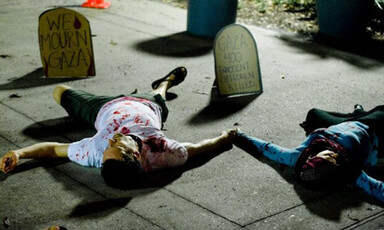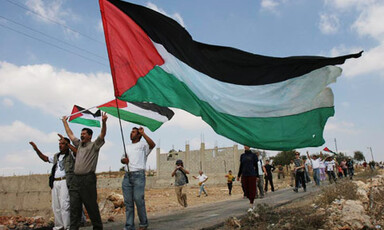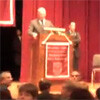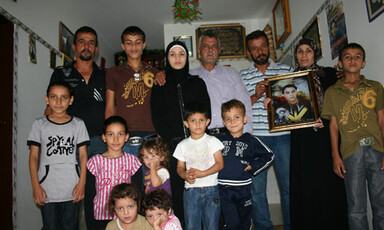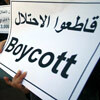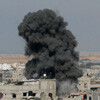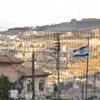
Homeless by Israeli policy
30 October 2009
SUR BAHER, occupied East Jerusalem (IPS) - The latest round brings the number of East Jerusalem Palestinians displaced since the beginning of the year by forced evictions or house demolitions to over 600, according to figures released by UNRWA, the UN agency for Palestine refugees. Altogether on Tuesday, six buildings were knocked down, leaving 26 people homeless. Read more about Homeless by Israeli policy



